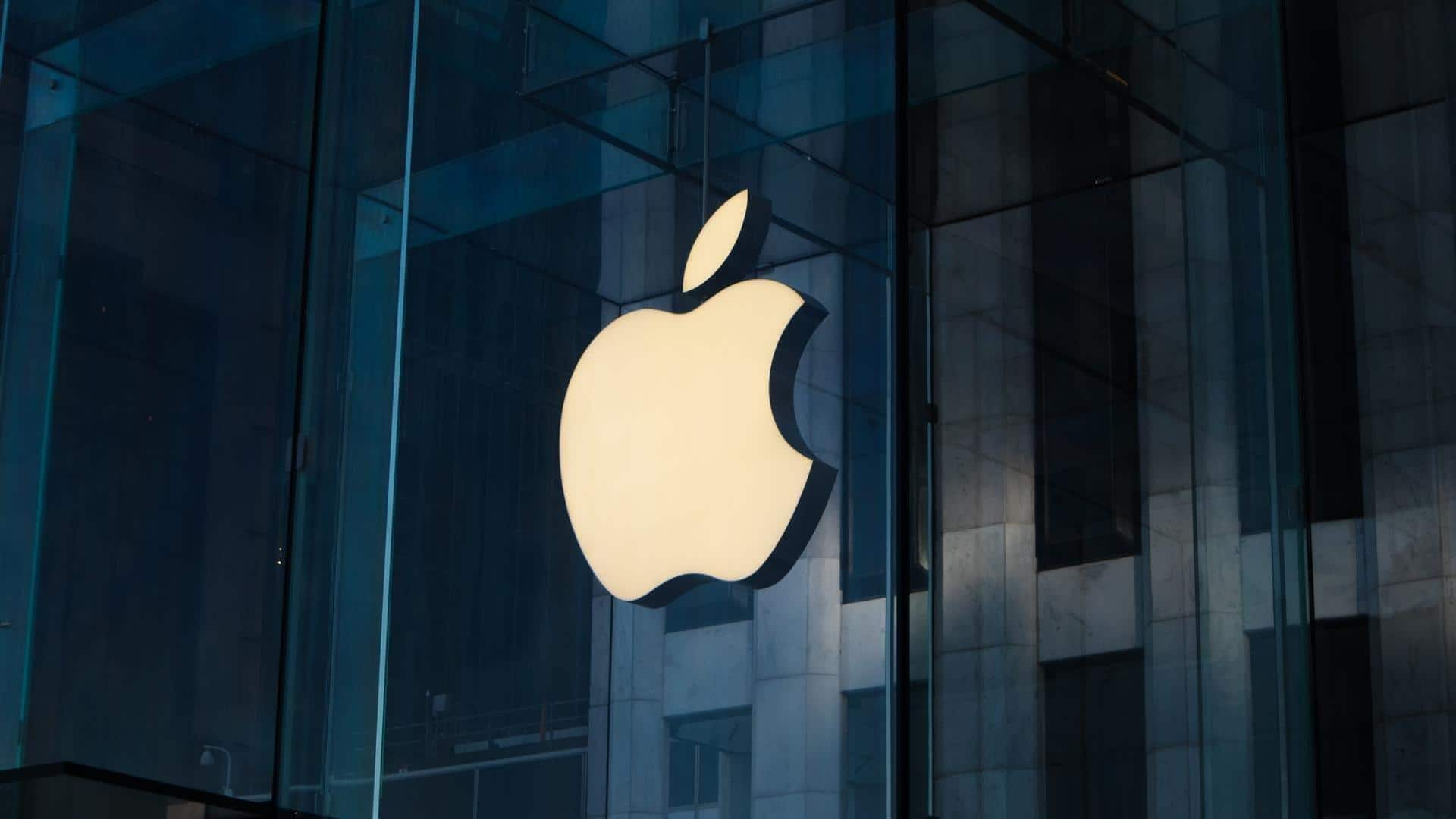
Apple challenges India's antitrust law amid potential $38B fine
What's the story
Apple has challenged India's new antitrust penalty law, which could see the tech giant facing a fine of up to $38 billion. The challenge is the first against this particular law, which allows the Competition Commission of India (CCI) to consider global turnover when determining penalties for companies abusing their market dominance. The move comes after an ongoing antitrust dispute between Apple and several Indian start-ups since 2022.
Case details
Apple's defense against CCI's allegations
The CCI had concluded last year that Apple had indulged in "abusive conduct" on the apps market of its iPhone Operating System (iOS). However, Apple has denied all wrongdoing and the CCI is yet to make a final decision in the case. The tech giant's 545-page court filing seeks to declare as illegal the law allowing the CCI to use global turnover for penalty calculations.
Legal stance
Apple's potential penalty exposure and legal arguments
Apple's court filing suggests its "maximum penalty exposure" could be around $38 billion, if calculated at 10% of its average global turnover from all services for three fiscal years until 2024. The company argues such a penalty based on global turnover would be arbitrary, unconstitutional, grossly disproportionate, and unjust. It also cited an unrelated case where the CCI retrospectively applied new rules to a violation by an affected company a decade earlier.
Revenue argument
Apple's plea for penalty based on Indian revenue
In its court filing, Apple has argued that India should only impose a penalty based on the Indian revenue of the specific unit violating antitrust law. The company gave an example of a toy seller running a stationery business to illustrate its point. It said it would be arbitrary and disproportionate to levy a penalty on the stationery business' total turnover when the contravention is only in relation to the toy business. Apple's plea will be heard on December 3.